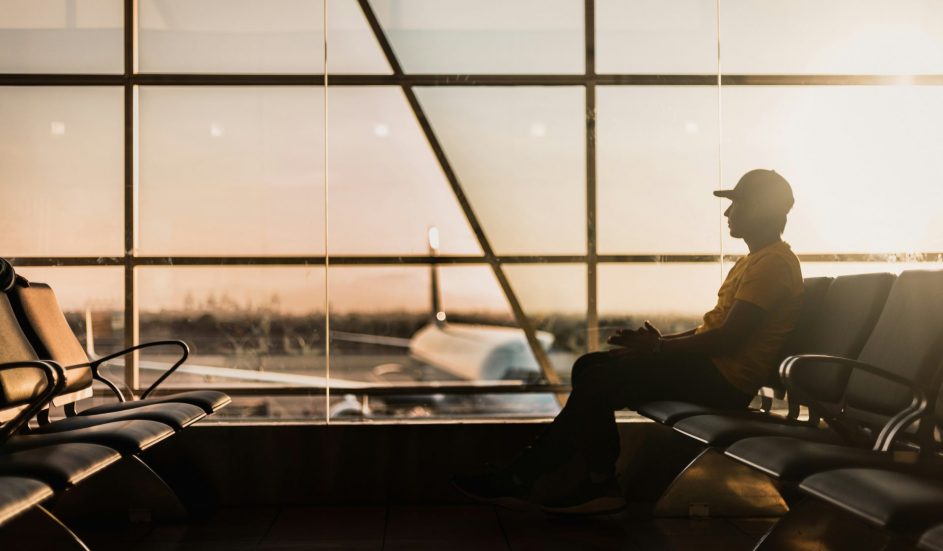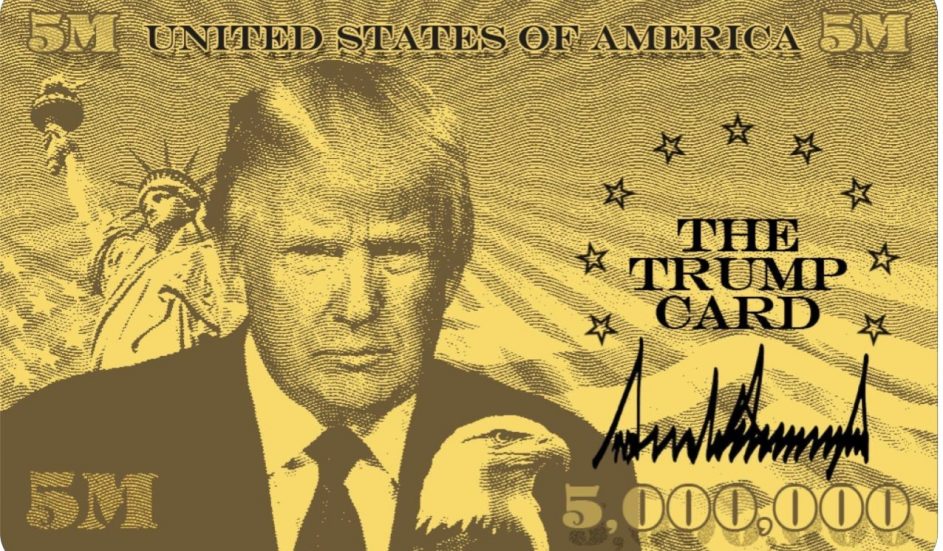

Applying for a U.S. visitor visa, commonly referred to as a B-2 visa, can be a daunting process, especially given the stringent scrutiny applicants face at U.S. embassies and consulates worldwide. The U.S. Department of State denies tens of thousands of visitor visa applications each year. Understanding the most common reasons for denial is essential to increasing your chances of approval and avoiding costly mistakes.
Here are the top five reasons why your visitor visa may be denied, based on consular officer guidance under section 214(b) of the Immigration and Nationality Act, and how a skilled immigration attorney can help you resolve them.
1. Lack of Strong Ties to Your Home Country
One of the most critical factors in obtaining a B-2 visa is demonstrating that you intend to return to your home country after your visit. Ties can include employment, family obligations, property ownership, or educational commitments. If a consular officer determines you don’t have enough compelling reasons to return home, your visa will likely be denied.
Solution: At Spar & Bernstein, we help clients present clear, well-documented evidence of their home country ties. From employment letters to property deeds, we build a compelling case tailored to your personal situation to satisfy consular concerns.
2. Insufficient Financial Resources
The U.S. government requires proof that you can financially support yourself during your trip without needing public assistance. If your bank statements, employment documents, or sponsor affidavits are lacking or inconsistent, the consular officer may question your ability to afford your stay.
Solution: We assist clients in preparing strong financial documentation that aligns with U.S. consular expectations. Whether you are self-funded or sponsored, we ensure your application reflects financial stability.
3. Suspected Immigrant Intent (Intending to Stay Permanently)
The visitor visa is strictly for temporary stays. If the consular officer suspects that your true intent is to immigrate permanently or pursue a green card while in the U.S., your visa will be denied under INA §214(b). Red flags include vague travel plans, lack of return tickets, or prior U.S. immigration petitions.
Solution: Our legal team crafts a personalized strategy to demonstrate your non-immigrant intent. We advise on how to document your visit’s purpose clearly, show confirmed travel dates, and mitigate concerns about potential overstay.
4. Past Misrepresentation, Fraud, or Criminal Activity
If your application includes inaccurate information, or if you’ve previously engaged in visa fraud, misrepresentation, or have a criminal record, your visa could be refused under sections 212(a)(6)(C)(i) or 212(a)(2) of the INA. Even minor misstatements can trigger serious consequences.
Solution: We conduct a thorough review of your immigration and criminal history. If necessary, we prepare waivers of inadmissibility or affidavits explaining past issues. With over 60 years of experience, Spar & Bernstein knows how to present your case in the most favorable light.
5. Previous Overstay or Violation of U.S. Immigration Status
If you previously overstayed a visa or violated any terms of your stay—such as working without authorization—you may be deemed inadmissible or at high risk for future overstay. This often results in automatic visa denial.
Solution: Our attorneys analyze your travel records, prepare evidence of compliance or changed circumstances, and in some cases, file legal motions or waivers to overcome prior immigration violations.
How Spar & Bernstein Can Help
If your visa was denied, or if you’re concerned about being refused, Spar & Bernstein is here to help. With a history of navigating complex immigration issues and securing approvals for even the most challenging visitor visa cases, our team offers both consultation and full-service representation. We understand the legal, personal, and procedural nuances of U.S. consular decisions—and we fight to protect your right to travel legally and confidently.
Contact Spar & Bernstein today for a confidential consultation and let us turn your visa denial into a path toward successful entry into the United States.




